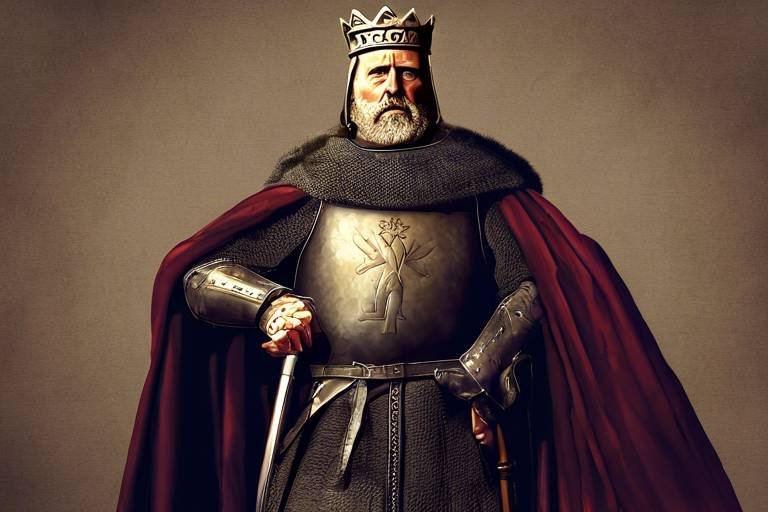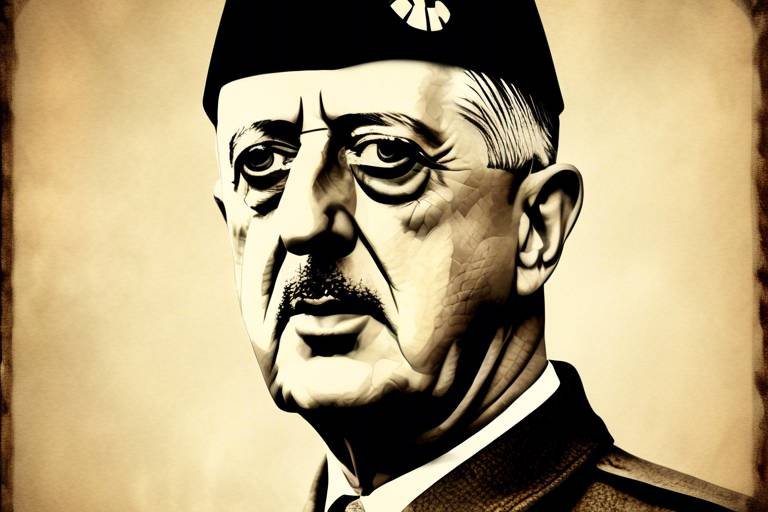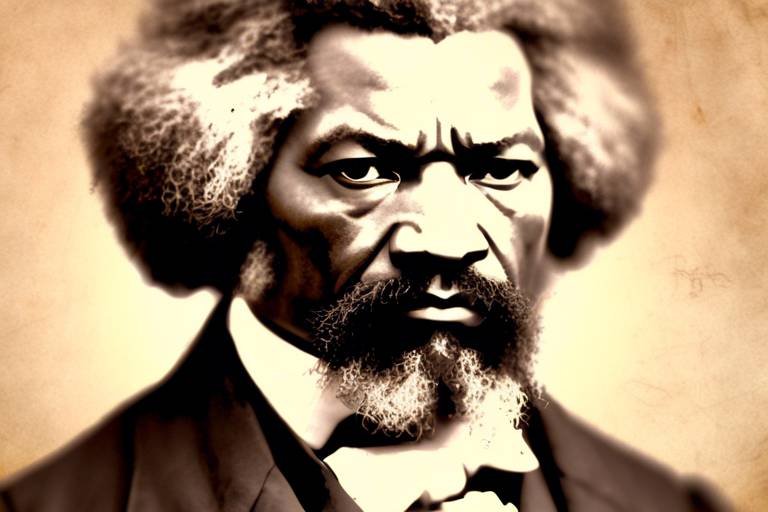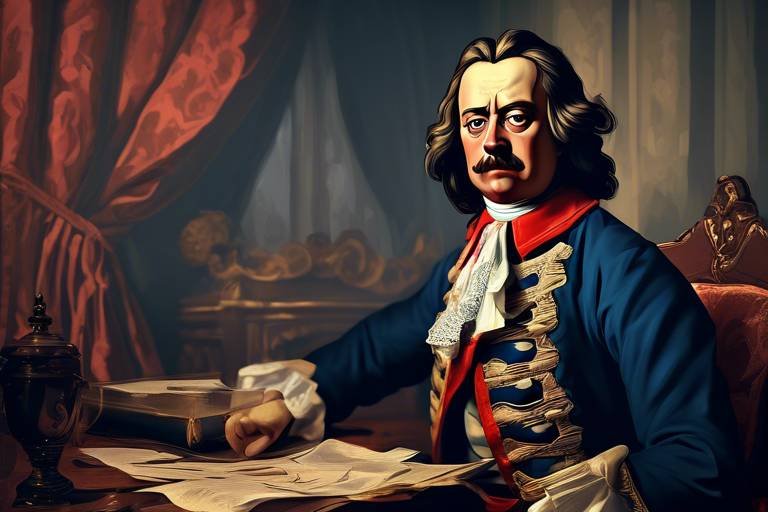Elizabeth I: The Virgin Queen
Queen Elizabeth I, famously known as the Virgin Queen, was a remarkable monarch whose reign left an indelible mark on English history. Her rule was characterized by strong leadership, political astuteness, and a period of great prosperity and cultural blossoming known as the Elizabethan Age.
Elizabeth I's early life and education played a crucial role in shaping her into the formidable queen she became. Despite facing challenges due to her tumultuous family background and the societal norms of the time that questioned a female heir's ability to rule, she defied all odds and ascended to the throne.
Upon her unexpected rise to power, Elizabeth I faced numerous struggles to establish her authority in a male-dominated Tudor court. Through cunning political maneuvers and strategic decisions, she navigated the treacherous waters of court politics, solidifying her position as a respected and influential ruler.
One of the most iconic moments of Elizabeth I's reign was the conflict with the Spanish Armada, where England bravely faced off against the formidable Spanish fleet. This event showcased the queen's leadership skills and the resilience of the English people, solidifying her reputation as a powerful and capable monarch.
Elizabethan England flourished culturally and artistically under the queen's patronage. Literature, theater, and the arts thrived, leaving a lasting legacy that continues to influence English culture to this day. The Elizabethan Age is often remembered as a golden era of creativity and innovation.
Elizabeth I's religious settlement and establishment of the Church of England played a crucial role in unifying a divided nation. Her delicate balancing act aimed to maintain stability in the realm while asserting her authority, leaving a lasting impact on the religious landscape of England.
The legacy of Elizabeth I as the Virgin Queen endures to this day. Her influence on England's political landscape, the empowerment of women in leadership roles, and her diplomatic prowess have left an indelible mark on the course of English history, solidifying her place as one of the most iconic monarchs in British history.
Delving into Elizabeth I's foreign policy and diplomacy reveals a complex web of alliances, conflicts, and strategic maneuvers. Her diplomatic strategies, espionage tactics, and military engagements were instrumental in securing England's position on the world stage, establishing her as a formidable player in European politics.

Early Life and Education
Exploring the life and reign of Queen Elizabeth I, one of England's most iconic monarchs, known for her strong leadership, political acumen, and the era of prosperity and cultural flourishing known as the Elizabethan Age.
Elizabeth I's early life was marked by turmoil and uncertainty, shaped by the tumultuous reign of her father, King Henry VIII, and the subsequent reign of her half-sister, Queen Mary I. Born on September 7, 1533, to Anne Boleyn, Elizabeth faced challenges from the very beginning due to the political and religious upheaval in England at the time. Her mother's execution when she was just two years old cast a shadow over her childhood, and her status as an illegitimate child further complicated her upbringing.
Despite these adversities, Elizabeth received a solid education, thanks to the influence of scholars like Roger Ascham. She developed a keen intellect, fluency in multiple languages, and a deep appreciation for literature and the arts. These formative years instilled in her a sense of resilience and determination that would serve her well in the years to come.
As a female heir in a male-dominated society, Elizabeth's path to the throne was fraught with obstacles. She learned early on the importance of political savvy and strategic alliances, skills that would prove invaluable as she navigated the treacherous waters of Tudor court politics. Her time spent in exile during the reign of Queen Mary I further honed her political acumen and strengthened her resolve to claim her rightful place as queen.

Ascension to the Throne
Upon the death of her half-sister, Queen Mary I, in 1558, Elizabeth I ascended to the English throne amidst a complex political landscape fraught with challenges and uncertainties. As a female heir in a male-dominated society, her legitimacy was questioned, and her position was precarious. However, with unwavering determination and political astuteness, Elizabeth swiftly moved to consolidate her power and assert her authority.
Elizabeth's early years as queen were marked by a series of strategic decisions aimed at securing her position and navigating the intricate web of Tudor court politics. She surrounded herself with trusted advisors, such as William Cecil, who played a crucial role in guiding her through the turbulent waters of succession and consolidation. Despite facing internal dissent and external threats, Elizabeth skillfully maneuvered through the complexities of power dynamics to establish herself as a formidable monarch.
One of the key challenges Elizabeth faced upon her ascension was the question of her marriage and the issue of succession. By remaining unmarried and adopting the persona of the "Virgin Queen," she cleverly avoided entangling alliances that could compromise her sovereignty. This strategic choice not only preserved her independence but also enhanced her mystique and authority, earning her the admiration and loyalty of her subjects.
Elizabeth's accession to the throne heralded a new era of stability and prosperity for England, setting the stage for the flourishing of the Elizabethan Age. Through her shrewd leadership and diplomatic finesse, she steered the country towards a period of cultural renaissance and economic growth, solidifying her legacy as one of England's most revered monarchs.
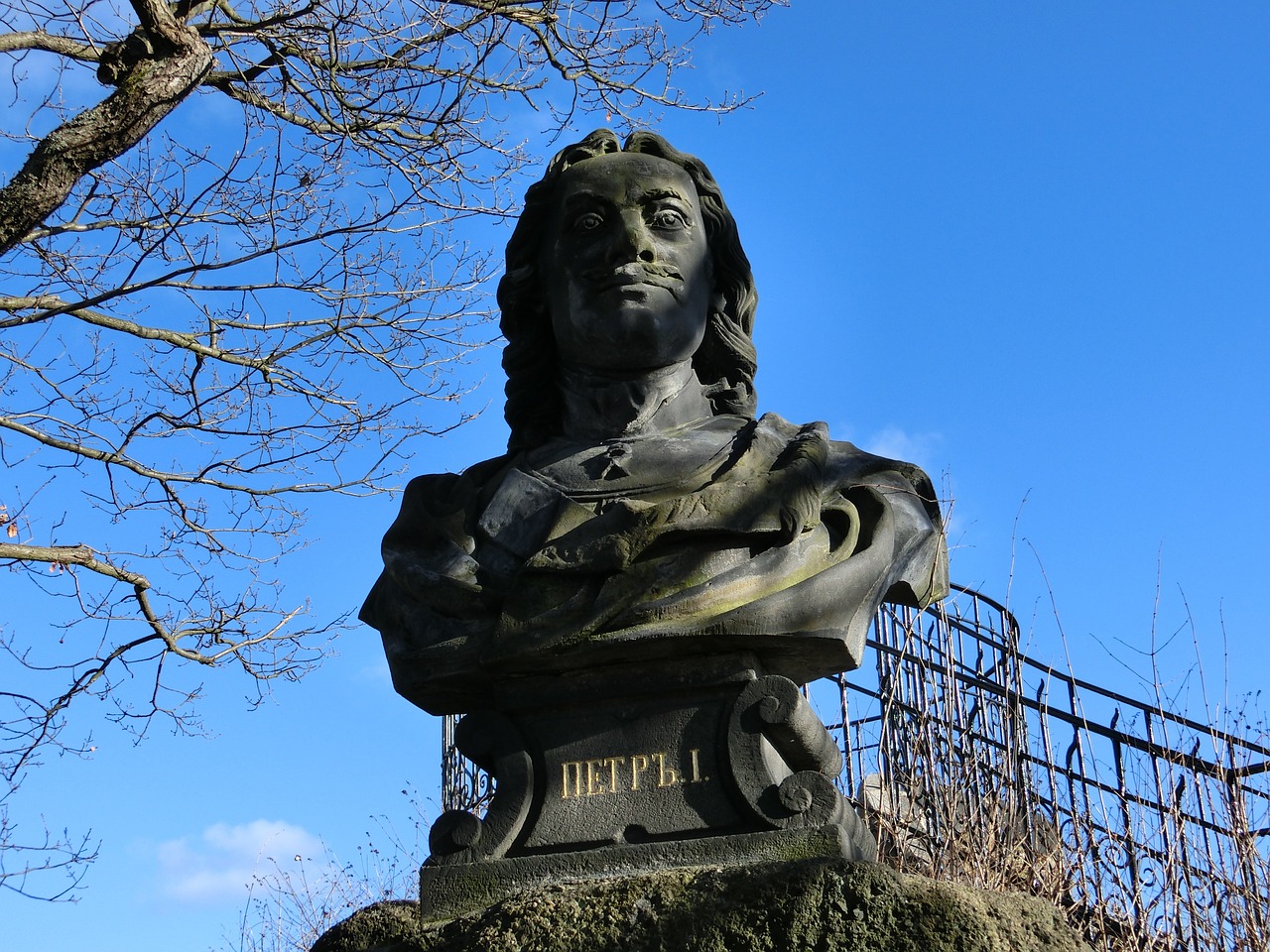
The Spanish Armada
During the reign of Queen Elizabeth I, one of the most defining moments was the confrontation with the Spanish Armada, a formidable fleet sent by King Philip II of Spain with the intention of invading England and overthrowing Elizabeth. The year was 1588, and tensions between England and Spain had been escalating for years due to religious differences, piracy issues, and political rivalries.
As the Spanish Armada set sail towards England, Elizabeth I displayed remarkable leadership and strategic prowess in organizing England's defense. Despite being outnumbered and outgunned, the English navy, under the command of experienced admirals like Sir Francis Drake, executed daring tactics and utilized their knowledge of the treacherous English Channel to outmaneuver the Spanish fleet.
The famous naval battle that ensued was a turning point in Elizabeth I's reign, as the English forces successfully repelled the Spanish Armada, inflicting heavy losses on the enemy and securing England's sovereignty. This victory not only boosted national pride but also solidified Elizabeth's reputation as a strong and capable ruler.
The defeat of the Spanish Armada was not only a military triumph but also a symbol of England's resilience and defiance against foreign threats. It marked the beginning of England's rise as a naval power and a dominant force in European politics, challenging the supremacy of Spain and reshaping the balance of power on the continent.
Elizabeth I's handling of the Spanish Armada crisis showcased her ability to inspire her people, unite the nation in the face of adversity, and project strength on the international stage. The defeat of the Armada was a pivotal moment in her reign, solidifying her legacy as the iconic Virgin Queen who steered England through turbulent times with grace and determination.

Cultural and Literary Legacy
Exploring the life and reign of Queen Elizabeth I, one of England's most iconic monarchs, known for her strong leadership, political acumen, and the era of prosperity and cultural flourishing known as the Elizabethan Age.
Discovering Elizabeth I's upbringing, education, and the influences that shaped her into the formidable queen she became, including her tumultuous family background and the challenges she faced as a female heir.
Examining the circumstances surrounding Elizabeth I's unexpected rise to power, her struggles to establish her authority, and the political maneuvers she employed to navigate the treacherous waters of Tudor court politics.
Unraveling the dramatic events of the Spanish Armada conflict, a pivotal moment in Elizabeth I's reign where England faced off against the mighty Spanish fleet, showcasing the queen's leadership and the country's resilience.
During the Elizabethan Age, England experienced a cultural renaissance under the patronage of Queen Elizabeth I. The era saw a flourishing of literature, theater, and the arts, with renowned playwrights like William Shakespeare and Christopher Marlowe creating timeless masterpieces that continue to captivate audiences today. Elizabeth's court became a hub of creativity and innovation, attracting talented artists and intellectuals who contributed to the cultural richness of the period.
Investigating Elizabeth I's religious policies and the establishment of the Church of England, a delicate balancing act that aimed to unify a divided nation while maintaining the queen's authority and stability in the realm.
Reflecting on Elizabeth I's enduring legacy as the Virgin Queen, her impact on England's political landscape, the empowerment of women in leadership roles, and her lasting influence on the course of English history.
Delving into Elizabeth I's diplomatic strategies, alliances, and conflicts with other European powers, including her intricate dance of negotiations, espionage, and military engagements to secure England's position on the world stage.
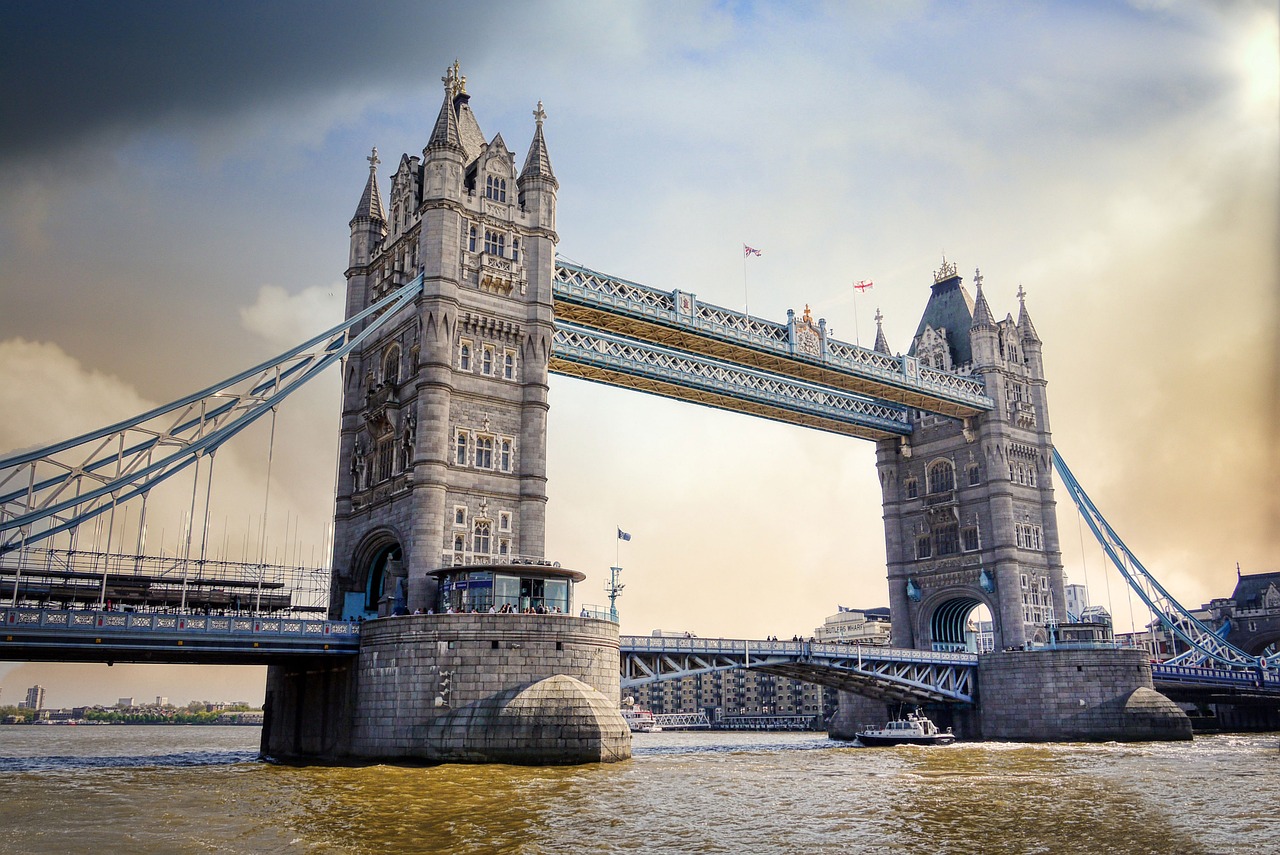
Religious Settlement
Exploring the life and reign of Queen Elizabeth I, one of England's most iconic monarchs, known for her strong leadership, political acumen, and the era of prosperity and cultural flourishing known as the Elizabethan Age.
During Elizabeth I's reign, the issue of religion was a central and contentious aspect of English society. The Religious Settlement refers to the series of laws and policies enacted by Elizabeth I to establish a unified religious framework in England. This settlement aimed to strike a delicate balance between the Catholic and Protestant factions within the country, ensuring stability and loyalty to the crown.
One of the key components of the Religious Settlement was the Act of Supremacy, which declared Elizabeth I as the Supreme Governor of the Church of England. This move solidified the break from Rome and asserted the monarch's authority over religious matters in the realm. By establishing the Church of England as a Protestant institution, Elizabeth I sought to quell religious dissent and unify her subjects under a common faith.
Furthermore, the Elizabethan Religious Settlement also included the Book of Common Prayer, a revised liturgical text that outlined the practices and beliefs of the Church of England. This book served as a unifying force in religious worship and reinforced the Protestant identity of the English church.
Despite the Religious Settlement's efforts to maintain religious stability, tensions persisted between Catholics and Protestants throughout Elizabeth I's reign. The enforcement of religious conformity, the persecution of recusants, and the presence of underground Catholic networks underscored the ongoing religious divisions within the country.
Overall, the Religious Settlement under Elizabeth I played a crucial role in shaping the religious landscape of England during the Elizabethan era. It reflected the queen's pragmatic approach to governance, her commitment to maintaining order and stability, and her efforts to navigate the complex religious dynamics of Tudor England.

Legacy and Impact
Exploring the life and reign of Queen Elizabeth I, one of England's most iconic monarchs, known for her strong leadership, political acumen, and the era of prosperity and cultural flourishing known as the Elizabethan Age.
Queen Elizabeth I, often referred to as the Virgin Queen, left an indelible mark on English history and beyond. Her reign was not only a period of stability and growth for England but also a time of significant cultural and political transformation that reverberates to this day.
One of Elizabeth's most notable legacies is her role in empowering women in leadership positions. At a time when female rulers were rare, she proved that gender was not a barrier to effective governance. Her strong leadership and strategic decision-making set a precedent for future generations of women in positions of power.
Elizabeth I's impact on England's political landscape was profound. She skillfully navigated the treacherous waters of Tudor court politics, maintaining a delicate balance of power and securing her authority despite numerous challenges. Her policies and reforms laid the foundation for a more stable and unified nation.
Furthermore, Elizabeth's influence extended beyond the borders of England through her foreign policy and diplomacy. She adeptly managed relationships with other European powers, using a combination of negotiation, espionage, and military strength to protect England's interests and assert its position on the world stage.
In the realm of culture and the arts, Elizabethan England experienced a renaissance under her patronage. Literature, theater, and the arts flourished, producing timeless works that continue to shape English culture. The Elizabethan Age is synonymous with creativity, innovation, and a vibrant cultural scene that reflected the queen's own passion for the arts.
Elizabeth I's legacy as the Virgin Queen endures as a symbol of strength, resilience, and female empowerment. Her reign marked a pivotal moment in English history, leaving a lasting impact that transcends time and continues to inspire generations.

Virgin Queen,
Elizabeth I, famously known as the Virgin Queen, was a monarch who never married, choosing instead to dedicate herself entirely to her role as the ruler of England. Her decision to remain unmarried was a strategic one, as it allowed her to maintain control and authority without being influenced by a foreign spouse. This earned her the title of the Virgin Queen, symbolizing her commitment to her country above all else.

her impact on England's political landscape, the empowerment of women in leadership roles, and her lasting influence on the course of English history.
Exploring the life and reign of Queen Elizabeth I, one of England's most iconic monarchs, known for her strong leadership, political acumen, and the era of prosperity and cultural flourishing known as the Elizabethan Age.
Discovering Elizabeth I's upbringing, education, and the influences that shaped her into the formidable queen she became, including her tumultuous family background and the challenges she faced as a female heir.
Examining the circumstances surrounding Elizabeth I's unexpected rise to power, her struggles to establish her authority, and the political maneuvers she employed to navigate the treacherous waters of Tudor court politics.
Unraveling the dramatic events of the Spanish Armada conflict, a pivotal moment in Elizabeth I's reign where England faced off against the mighty Spanish fleet, showcasing the queen's leadership and the country's resilience.
Exploring Elizabethan England's vibrant cultural scene, including the flourishing of literature, theater, and the arts under the queen's patronage, leaving a lasting impact on English culture that endures to this day.
Investigating Elizabeth I's religious policies and the establishment of the Church of England, a delicate balancing act that aimed to unify a divided nation while maintaining the queen's authority and stability in the realm.
Reflecting on Elizabeth I's enduring legacy as the Virgin Queen, her impact on England's political landscape, the empowerment of women in leadership roles, and her lasting influence on the course of English history.
Elizabeth I's impact on England's political landscape was profound and enduring. As a female monarch in a male-dominated world, she defied expectations and proved that gender was not a barrier to effective leadership. Her astute political decisions and strong leadership skills steered England through turbulent times, solidifying her place in history as one of the country's most influential rulers.
Furthermore, Elizabeth I's reign saw a significant shift in the perception of women in leadership roles. By ruling with intelligence and authority, she shattered stereotypes and paved the way for future generations of women to aspire to positions of power and influence. Her legacy as the Virgin Queen continues to inspire women around the world to strive for greatness and break barriers in traditionally male-dominated fields.
Moreover, Elizabeth I's influence on the course of English history cannot be overstated. Her reign marked a period of stability and prosperity for England, setting the stage for the country's future as a global power. Through her diplomatic prowess and strategic alliances, she secured England's position on the world stage and laid the foundation for the country's future success.
Delving into Elizabeth I's diplomatic strategies, alliances, and conflicts with other European powers, including her intricate dance of negotiations, espionage, and military engagements to secure England's position on the world stage.

Foreign Policy and Diplomacy
Exploring the life and reign of Queen Elizabeth I, one of England's most iconic monarchs, known for her strong leadership, political acumen, and the era of prosperity and cultural flourishing known as the Elizabethan Age.
Delving into Elizabeth I's diplomatic strategies, alliances, and conflicts with other European powers, including her intricate dance of negotiations, espionage, and military engagements to secure England's position on the world stage.
Elizabeth I's foreign policy was a delicate balancing act, as she navigated the complex web of European politics to safeguard England's interests and maintain its independence. One of her most notable achievements was the successful navigation of the tense relationship with Spain, culminating in the defeat of the Spanish Armada in 1588.
Through strategic alliances with Protestant powers such as the Netherlands and France, Elizabeth I strengthened England's position in the face of Catholic threats. Her support for Protestant rebels in the Spanish Netherlands and her intervention in the French Wars of Religion showcased her commitment to the Protestant cause.
Furthermore, Elizabeth I's use of espionage and intelligence networks, notably exemplified by figures like Francis Walsingham, allowed her to gather crucial information on rival powers and thwart potential threats to the realm. This emphasis on intelligence gathering and covert operations played a vital role in safeguarding England's security.
Despite facing numerous challenges and conflicts during her reign, Elizabeth I's diplomatic acumen and strategic foresight enabled her to maintain a relatively stable foreign policy that protected England from external threats and preserved its status as a major player on the European stage.
Frequently Asked Questions
- 1. Who was Queen Elizabeth I?
Queen Elizabeth I, also known as the Virgin Queen, was the monarch of England from 1558 until her death in 1603. She was the daughter of King Henry VIII and Anne Boleyn, and her reign is often considered one of the most prosperous and culturally significant periods in English history.
- 2. What was Queen Elizabeth I known for?
Elizabeth I was known for her strong leadership, political acumen, and the establishment of the Church of England. She navigated the challenges of Tudor court politics, defeated the Spanish Armada, and fostered a flourishing cultural and literary scene during the Elizabethan Age.
- 3. How did Queen Elizabeth I impact England?
Queen Elizabeth I's legacy includes empowering women in leadership roles, shaping England's foreign policy and diplomacy, and leaving a lasting influence on English culture and history. Her reign marked a period of stability, growth, and artistic achievement.
- 4. What was the significance of the Spanish Armada conflict?
The Spanish Armada conflict was a pivotal moment in Elizabeth I's reign, where England successfully defended against the Spanish fleet, securing its position as a dominant naval power. This event showcased the queen's leadership and the resilience of the English people.
- 5. How did Queen Elizabeth I handle religious differences?
Elizabeth I implemented a religious settlement that aimed to unify England by establishing the Church of England. She navigated the delicate balance between Catholic and Protestant factions, maintaining stability while asserting her authority over matters of faith.





